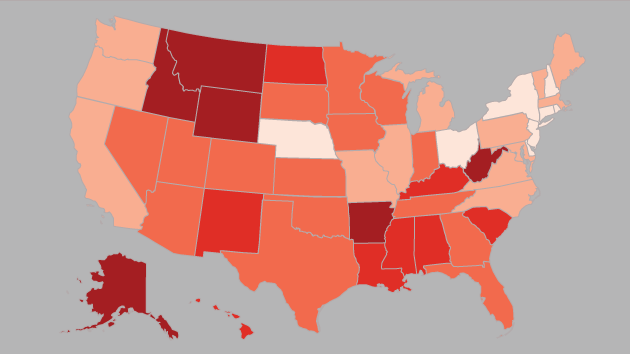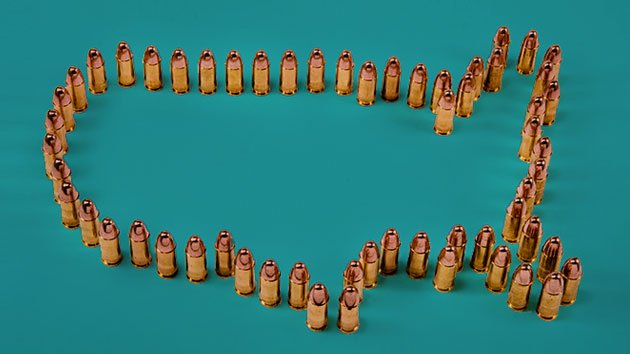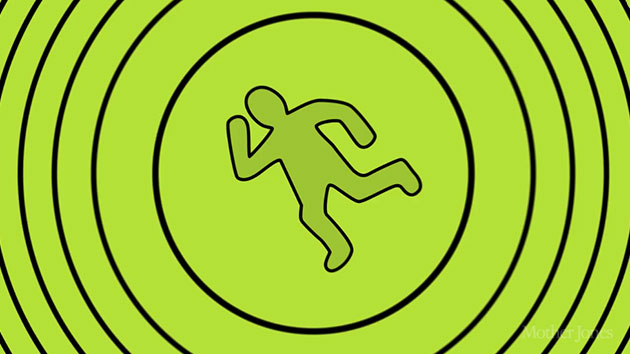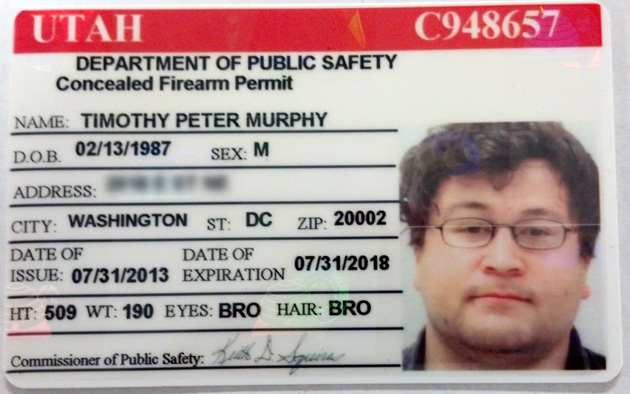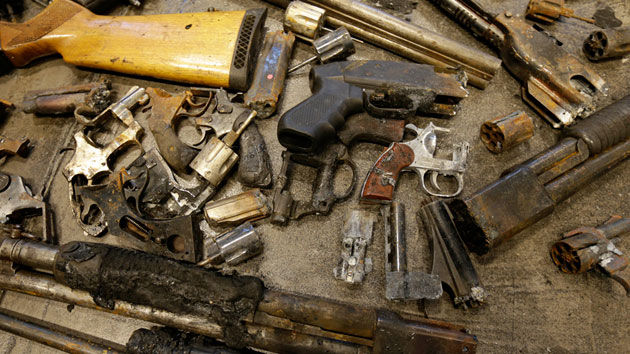
Gerald Herbert/AP
On Thursday night, 59-year-old John Russell Houser of Alabama walked into the Grand Theater in Lafayette, Louisiana, with a handgun and shot into a crowd, killing two and injuring nine more. At a press conference Friday, Democratic state Rep. Terry Landry Sr. called for stricter gun laws in Louisiana, saying, “It’s our job as legislators to close the loopholes in these gun laws.” Indeed, according to the National Rife Association, Louisiana has one of the most open gun policies around—from its unabashedly pro-gun governor to its concealed carry law. A 2014 report by the Law Center to Prevent Gun Violence rated the state as having “the weakest gun laws in the country.”
Here’s what you need to know about gun law in Louisiana:
- Gun owners don’t have to obtain a permit to purchase guns. Buyers don’t have to register their firearms, and they don’t need a license to possess them. State law requires a concealed carry permit for handguns, but there is no permit required to carry rifles or shotguns.
- State law only restricts two kinds of people from possessing guns: those 17 and under, or those convicted of certain violent crimes (until a decade has passed since the completion of the sentence, probation, parole, or suspension of a sentence).
- The state has enacted “castle doctrine”, meaning deadly force is considered justifiable in a court of law to defend against an intruder in a person’s home. The Louisiana state legislature also passed a “Stand Your Ground” law in 2006, stating that anyone in a place “where he or she has a right,” including public spaces, is not obligated “to retreat” if faced with a threat and “may stand his or her ground and meet force with force.” (Check out our map of how quickly “Stand Your Ground” laws spread across the United States).
- Firearms may be stored in locked, privately owned motor vehicles. Louisiana is one of 22 states with similar policies that allow guns to be left in the office parking lot.
- Gun owners have the right to carry in restaurants.
- According to a 2012 state constitutional amendment, “[t]he right of each citizen to keep and bear arms is fundamental and shall not be infringed” and “any restriction on this right” will be met with maximum skepticism from the courts. The amendment, which was heavily backed by Gov. Jindal, also removed language that would allow the legislature to “prohibit the carrying of weapons concealed on a person.” In a written statement, Jindal argued: “We are adopting the strongest, most iron-clad, constitutional protection for law-abiding gun owners. It’s our own Second Amendment, if you will.”
Given these laws, it’s no surprise that nearly half of Louisiana households own a gun. Unfortunately, the state also sees high levels of armed violence: According to a Mother Jones investigation, the state has the country’s highest gun homicide rate—9.4 per 100,000 residents. And that gun violence has cost each Louisiana resident at least $1,333 a year.

